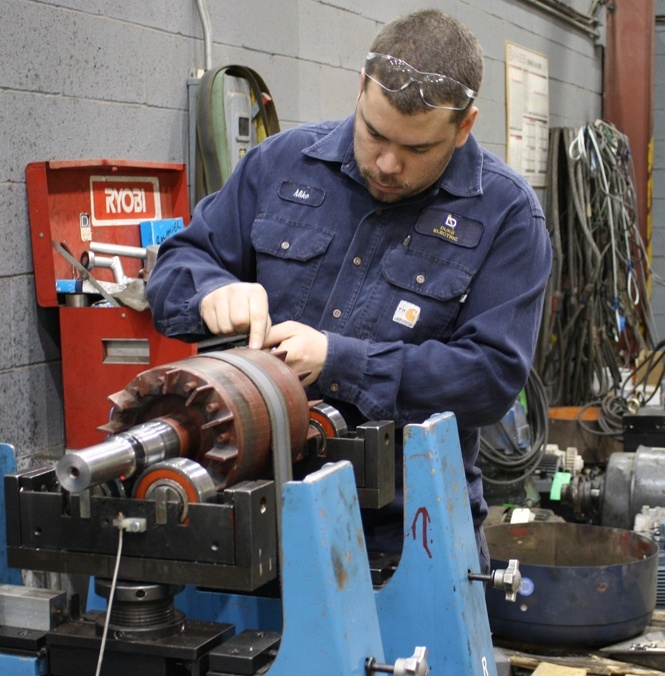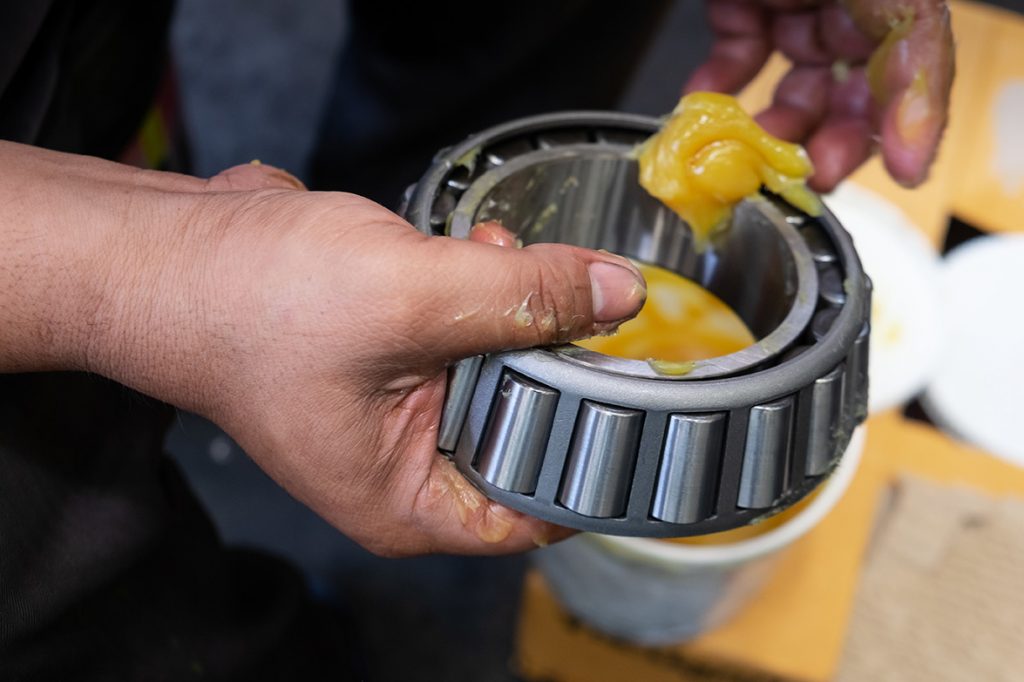Industry 4.0: What the Fourth Industrial Revolution Means for Electric Motors January 26, 2022
Industry 4.0, or the fourth industrial revolution, can be described as the further integration of computers and big data into today’s modern machinery and manufacturing facilities. According to Bernard Marr at Forbes Innovation, “it encompasses the idea of smart factories in which machines are improved with web connectivity and connected to a system that can visualize the entire production chain and make decisions on its own.” The previous three industrial revolutions were characterized by advances in technology, whereas the fourth can be described as combining the physical, digital, and biological worlds.
So what does the fourth industrial revolution mean for the future of electric motors?
Industry 4.0’s Impact on Generators
As the fourth industrial revolution takes hold, there is increased demand for smart generator systems. We’re talking generators that are powerful enough to sustain the needs of an entire manufacturing plant. The need for powerful generators becomes especially important as the demand worldwide skyrockets, as natural disasters occur more frequently, causing widespread power outages.
Industry 4.0’s Impact on Manufacturing
Let’s start with the impact on commercial manufacturing. By utilizing artificial intelligence (AI) and cloud computing applications, the manufacturing industry and its maintenance best practices will be revolutionized. The companies that prioritize automation, high-tech design and innovation will be the ones who stick around and experience sustainable growth.
Gathering and processing data to control and automate will increase efficiencies and productivity. For example, data can be compiled by the human counterpart and the AI counterpart to assemble data from each piece of machinery. This data will inform maintenance schedules, flag for broken machinery replacements, and use algorithms to disclose the most efficient automation areas.
We already see this sort of technology with solutions like the ABB Ability™ Smart Sensor, which converts traditional motors into intelligent, wirelessly connected devices. Using advanced algorithms, the smart sensor relays information about the motor’s operation and health via a Bluetooth gateway or smartphone to a secure server. The smart sensor picks up data on vibration, ambient temperature and other factors that can garner meaningful information on the condition and performance of the motor.
These new tools and methods can measure maintenance activities in detail and determine how each action affects a business. For instance, you can collect data on preventive maintenance using machine sensors and maintenance software and combine it with data from production and financial software. These metrics can determine the impact of maintenance, from the plant floor to the balance sheet and bottom line. And you can successfully prove the link between increased maintenance and lower costs.
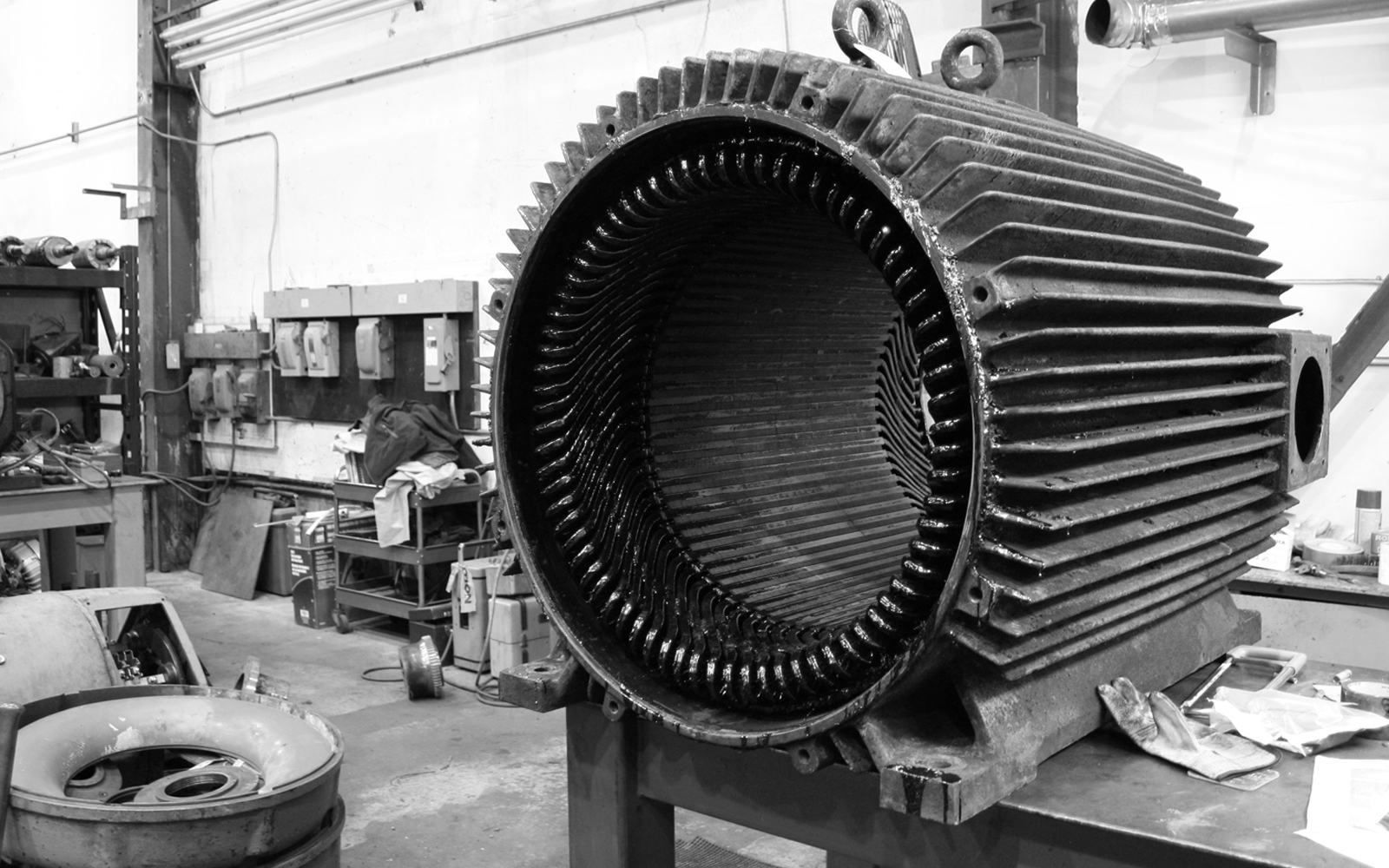
Steps you can take to move toward Industry 4.0
Build a solid preventive maintenance program by determining your goals, creating KPIs, using the right technology, implementing, and fine-tuning.
Collect high-quality data through detail and consistency when building asset histories.
Build a culture of continuous improvement and establish the correct principles to support maintenance best practices.
Take an incremental approach to predictive maintenance.
To help you get started, consider teaming up with Duke. We know plant equipment inside and out! Book your free critical motor assessment now, or download our free maintenance guide and reduce downtime by up to 50%.
We follow our own advice when transporting motors.
